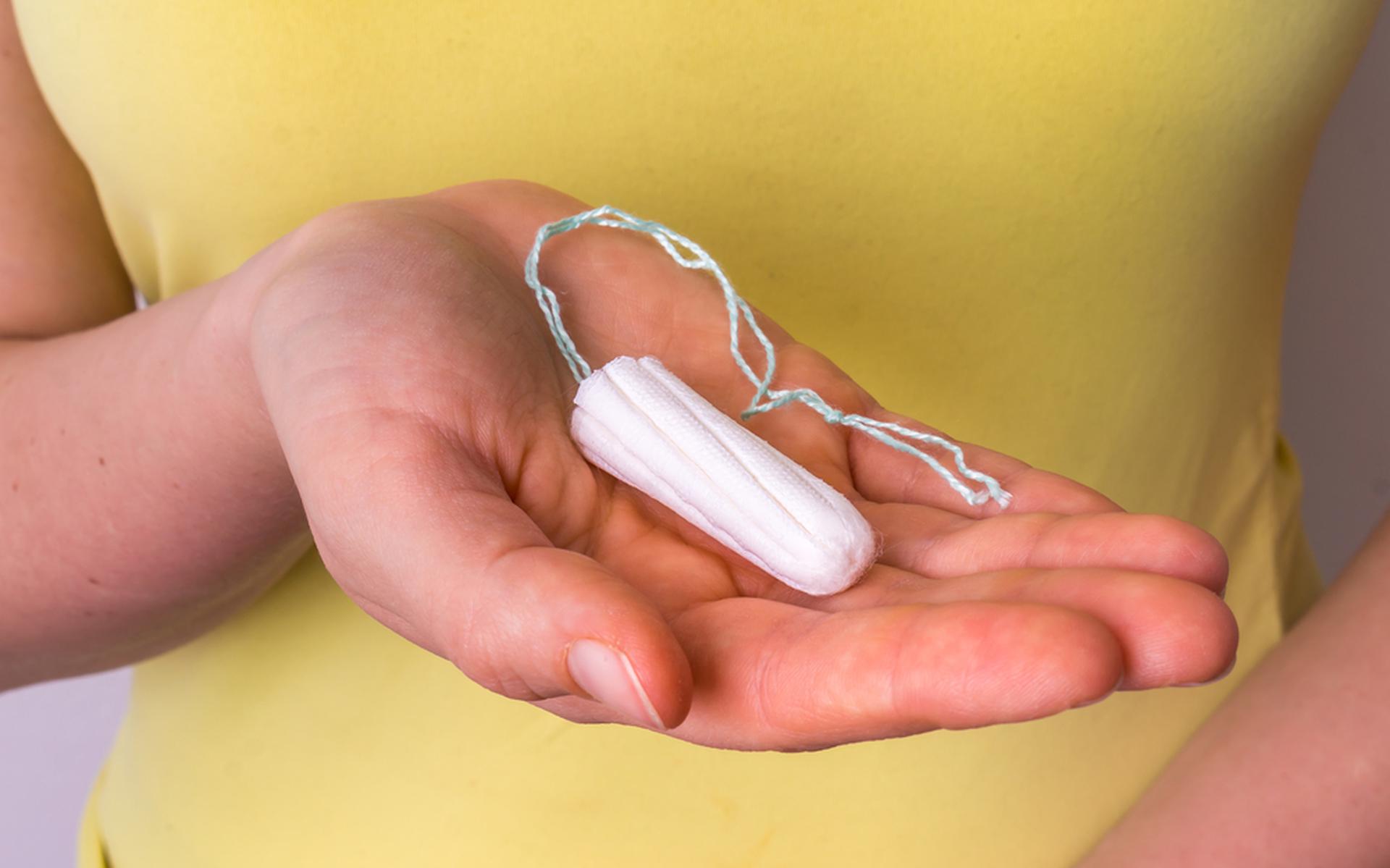“The tampon disease is also known as Toxic Shock Syndrome (TSS),” says Kerkhof. “This syndrome is caused by the bacterium Staphylococcus. When you leave a tampon in too long, it can secrete substances called toxins that enter the bloodstream. This can lead to blood poisoning, also known as sepsis.”
The symptoms of this are:
- Low bloodpressure
- Dizziness
- Pass out
- A fever
- Headache
- muscle strain
- Fatigue
- Vomit
What many don’t know is that “tampon disease” doesn’t just affect women. “TSS occurs in both women and men. Men can also get TSS. TSS is a disease of the body and can have other causes, in addition to holding in a tampon for too long. You are more likely to get TSS when you have low resistance. If men with a low resistance have wounds, the bacteria can also enter the bloodstream. For example, you sometimes see drug-addicted bums who have this syndrome.”
But don’t worry too much, because the syndrome is not that common. “It occurs in three out of every 100,000 menstruating women. If this syndrome is not treated quickly, it can be fatal, or anything can happen to your organs, such as kidney failure.
It is therefore important to act quickly if you have several of the above symptoms. You can do this by going straight to the doctor. Every hour that you are treated later if you have blood poisoning, it becomes more dangerous. A course of antibiotics counteracts the blood poisoning and people often recover.”
To prevent
The prevention of tampon disease can be done in various ways, says Kerkhof. “It is important to lower the risk factors. First of all, I recommend sleeping in at night with sanitary pads instead of using a tampon. This reduces the chance that the tampon will be in it too long.
Second, I recommend not wearing super absorbent tampons. Those tampons can absorb much more blood, which increases the chance that an infection will develop. And then perhaps the most obvious: change your tampon regularly. OB recommends changing your tampon every three to six hours. After those six hours, you are increasingly at risk of an infection. If you often forget to change your tampon, an alarm clock can help. If you prefer to use a tampon at night, just change it in the middle of the night.
Good hygiene
There is, of course, a difference in how much you bleed. If you forget a tampon on the very last day of your period, it’s less risky. The more blood, the more bacterial growth and toxin production. Anyway, good hygiene is the most important thing to avoid getting infected.”
–

